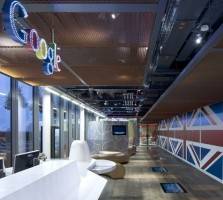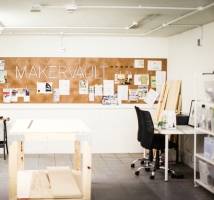December 16, 2014
Central London office take-up hits highest level since 2010
 Take-up in the central London office market is expected to hit its highest level since 2010, bolstered by a massive increase in demand among firms in the Professional and the tech, creative and new media sectors. These sectors are forecast to employ a further 110,000 people across Westminster, the City of London, Southwark and Tower Hamlets in the next decade, which is expected to further increase demand. According to DTZ’s latest Central London Offices Update overall office take-up is expected to reach 14.5m sq ft in 2014; up by 30 per cent on the five year average and at the highest level recorded since 2010. However , availability has continued to fall, with just 9.5m sq ft of office space currently remaining – the lowest level since 2001. This restricted availability is leading to a higher level of competition for space which is driving up rents. (more…)
Take-up in the central London office market is expected to hit its highest level since 2010, bolstered by a massive increase in demand among firms in the Professional and the tech, creative and new media sectors. These sectors are forecast to employ a further 110,000 people across Westminster, the City of London, Southwark and Tower Hamlets in the next decade, which is expected to further increase demand. According to DTZ’s latest Central London Offices Update overall office take-up is expected to reach 14.5m sq ft in 2014; up by 30 per cent on the five year average and at the highest level recorded since 2010. However , availability has continued to fall, with just 9.5m sq ft of office space currently remaining – the lowest level since 2001. This restricted availability is leading to a higher level of competition for space which is driving up rents. (more…)
























